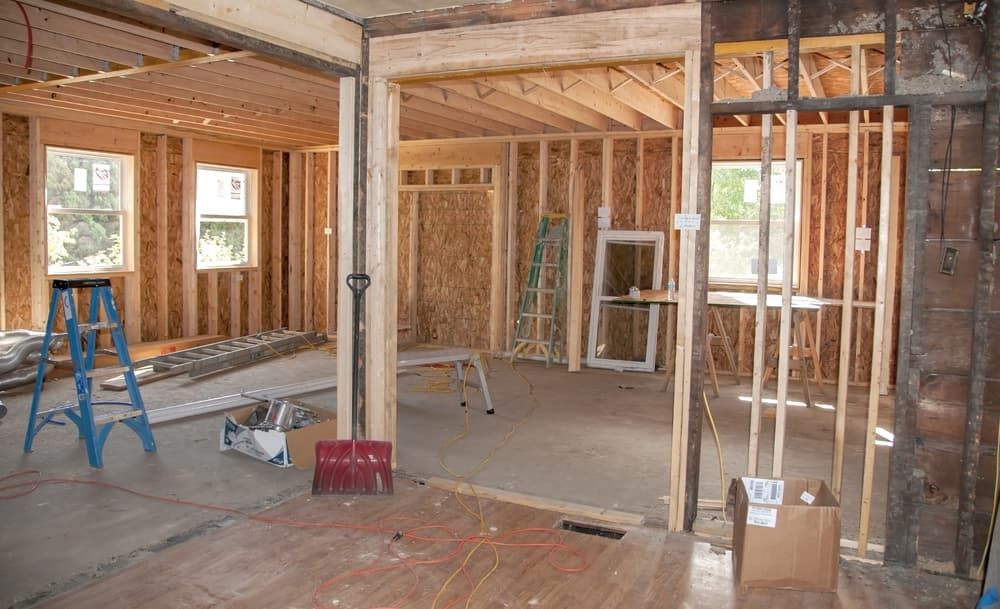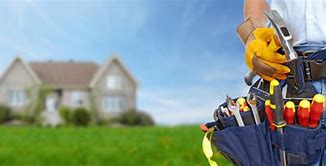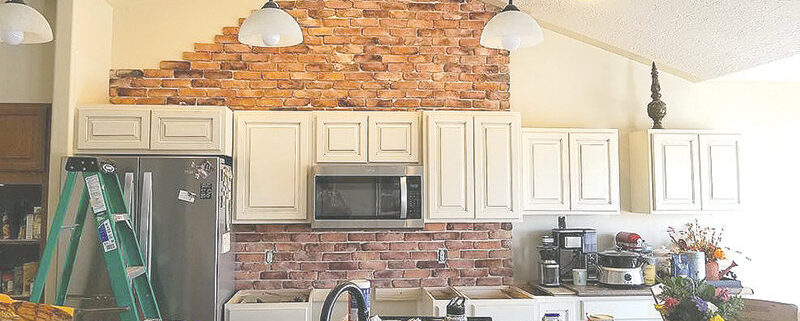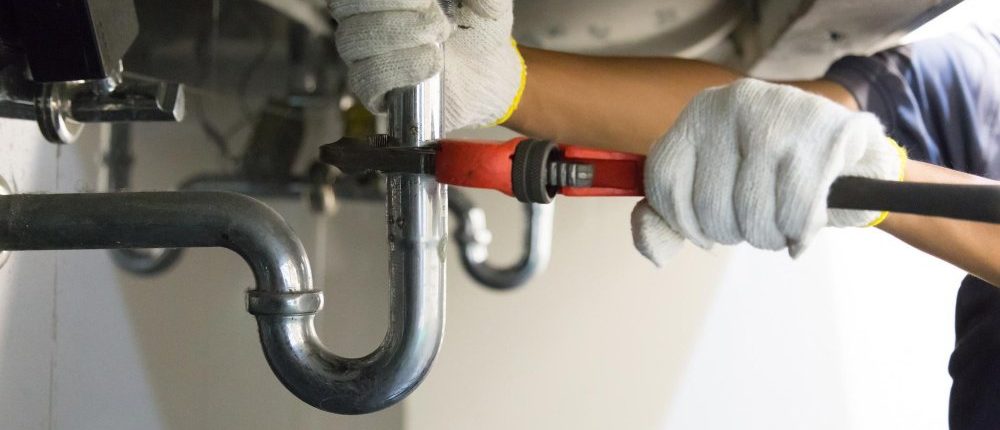Home Remodeling and Insurance

You’ve hired a reputable builder, collected paint swatches and selected the siding and now you’re finally ready to start that long-awaited remodeling project. Before you begin construction, there is one more thing that you need to do—talk to Cleary Insurance, Inc.!
Advice for Do-it-yourselfers
If you decide to do it alone and manage a renovation yourself, you assume all the risks. A review of your homeowners coverage for liability and property is prudent, as you are assuming more risks and exposures than contemplated by homeowners insurance.
Hiring subcontractors who can provide you with a “Certificate of Insurance” or copies of their policies showing their general liability and workers’ compensation coverage is mandatory for your legal protection.
If a friend or relative helps out as a favor—no money changes hands—and gets injured, your homeowners insurance typically covers the cost of their injuries, up to your policy limits. It’s important to note that a homeowners policy is not designed to provide primary liability protection for these injuries. If a helper is seriously injured, the domino effect can be financially and emotionally difficult for all who are involved. For an extra layer of protection, it’s a good idea to also carry umbrella liability coverage, which kicks in to provide liability coverage above your homeowners limits.
Insuring the Real Value of Your Home
Experts estimate that one-fourth of remodeling projects add at least 25 percent to the value of a home, yet often most homeowners forget to increase their coverage to protect their investment. Most homeowners insurance policies require 100 percent of the home’s replacement cost, so it’s important to raise your home’s policy limit before your project begins.
The Basics
When undertaking a remodeling project, people often forget to review their insurance needs, too. Whether your addition budget is large or small, you are adding both the value of your home and your exposure to risk. To ensure that your project goes smoothly and that you have the coverage you need, here’s what you need to know.
Working with General Contractors
The best way to minimize your renovation risk is to hire a reputable general contractor for the job. As part of the bidding process, ask the general contractor to provide a Certificate of Insurance and/or copies of the policies. Specifically, check for coverage for the following:
- Workers’ compensation: Verify that he or she has workers’ compensation coverage in the event that an employee or subcontractor gets hurt on the job.
- General liability: Ask if the contractor has liability insurance, which covers losses due to negligence and errors or omission, which results in property damage. Also, ask that you are added as an “additional insured.”
- Builders risk: This policy is designed to cover damage to your home and materials, including those not installed yet. We can help you verify whether you should require this from your contractor, based on your renovation project.
If they don’t carry the proper coverage, they are not the right contractor for the job!
Your Insurance Partner
Adding to your home is exciting, but poses financial risks. Contact Cleary Insurance, Inc. at 617-723-0700 to learn more about all of our home, auto and life personal risk management solutions.


 As flowers bloom, drivers often think the worst of their driving worries have melted away, but spring driving comes with its own unique set of risks. Heavy spring showers, potholes, increased wildlife activity and pedestrian traffic are just a few of the risks spring drivers need to watch out for. Knowing the following tips for safe spring driving can help prevent accidents.
As flowers bloom, drivers often think the worst of their driving worries have melted away, but spring driving comes with its own unique set of risks. Heavy spring showers, potholes, increased wildlife activity and pedestrian traffic are just a few of the risks spring drivers need to watch out for. Knowing the following tips for safe spring driving can help prevent accidents.

 Summer is finally here, and it’s a perfect time to catch up on home maintenance tasks, both inside and outside of the house. Putting in a little elbow grease now goes a long way toward future house upkeep–making that well-deserved rest even more enjoyable.
Summer is finally here, and it’s a perfect time to catch up on home maintenance tasks, both inside and outside of the house. Putting in a little elbow grease now goes a long way toward future house upkeep–making that well-deserved rest even more enjoyable.
 Fire might be a homeowner’s greatest fear, but some insurance company will tell you that water is the far more common cause of property damage, even if you don’t live in an area subject to flooding. And it can come from many sources: A failing water heater, a burst pipe, a broken supply line under your sink, a clogged toilet, or even a split hose connected to your washing machine.
Fire might be a homeowner’s greatest fear, but some insurance company will tell you that water is the far more common cause of property damage, even if you don’t live in an area subject to flooding. And it can come from many sources: A failing water heater, a burst pipe, a broken supply line under your sink, a clogged toilet, or even a split hose connected to your washing machine.
